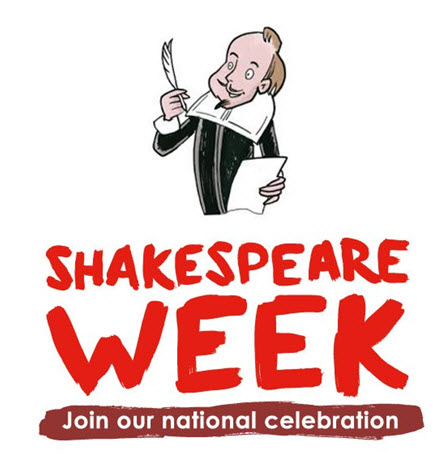Welcome all Year 6 parents and pupils.
I am Miss Mayley, the Year 6 class teacher, and our TA is Mrs Thambiayah.
Recommended reading books for Year 6:
Best Books for Year 6 | Ages 10-11 Recommended Reads | BooksForTopics
Expertly selected books for 9 and 10 year old children (lovereading4kids.co.uk)
Expertly selected books for 11, 12 and 13 year old children (lovereading4kids.co.uk)
What are we learning this week?
English –
We shall be moving over to a new 10-day cycle approach to the teaching of English in Year 6. The outline is as follows:
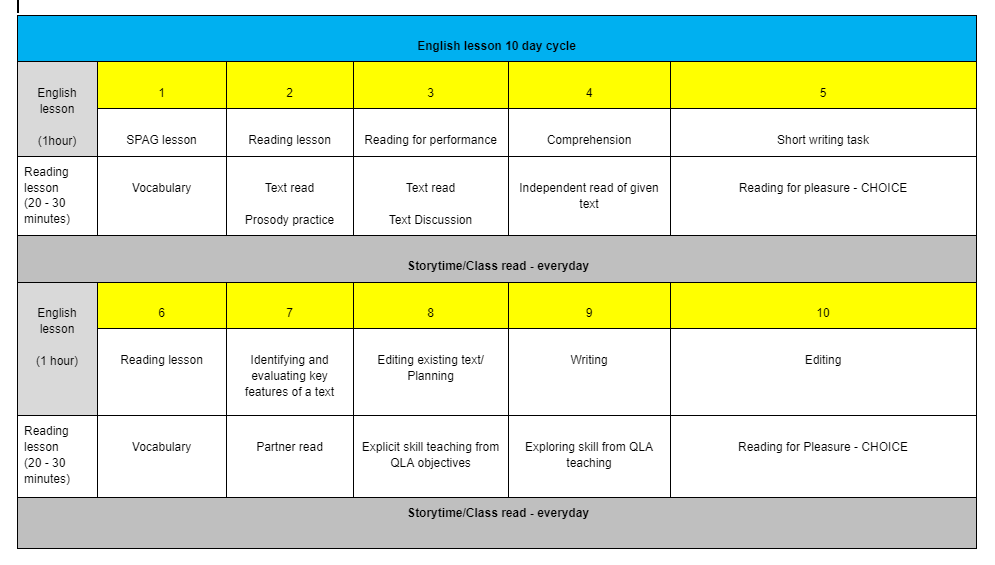
In our English lessons, we shall still be using a range of different adaptations to understand the story of Macbeth. In our daily Reading lessons, we shall use supplementary texts. This weeks supplementary texts will be a mixture of Shakespeare’s sonnets and non-fiction texts about: the Tudors, the theatre, newspaper reports about Shakespeare and Shakespeare – himself.
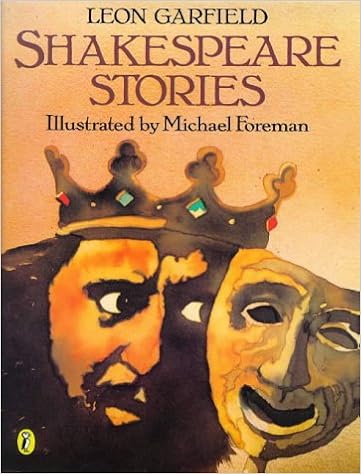

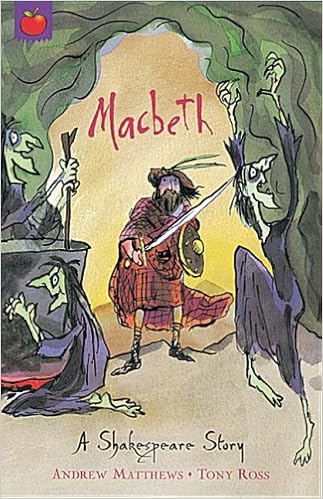
Our English lesson learning objectives this week are:
- To use formal and informal language accurately and appropriately.
- To engage in Book Talk.
- To perform a scene using different interpretations.
- To create a character profile.
- To write an informal letter.
What is our class reading book?
Since we are studying the Shakespeare classic Macbeth, we have decided to read from a collection of Shakespeare short stories, by Andrew Matthews. Each week, the children in Year 6 vote for which two of the Shakespeare short stories that they would like to listen to. Afterwards, we shall be looking to identifying similarities and differences across the collection.
Maths –
- To use fractions, angles, percentages and understanding proportional relationships
- To draw attention to the central angle and the area of the ‘slice’ being important compared to the whole
- To construct pie charts, relate the central angle of each slice back to 360°. For example, an angle of 90° is 1⁄4 of the circle because 90⁄360=1⁄4.
- To know that the size of the circle can be different but still represent the same data.
- To be able to read scales/number lines with labelled intervals
- To draw and interpret Line graphs used to represent continuous data; time, length, etc. and to show conversion rates (e.g. kilometres to miles
Science –
Continuing with our unit, Living Things and their Habitats, we shall be researching the scientist Carl Linnaeus and evaluating his contributions to Science.
RE –
It’s RE week, this week. We shall be learning about the Jewish festival, Passover.
RHE –
This term’s unit is called Healthy Me. Our learning objective this week are:
- To understand that some people can be exploited and made to do things that are against the law.
PE –
- To gain possession through tackling.
- Real PE – dynamic balance to agility.
Shakespeare’s language can cast a light on the complexity of human emotions and is a wonderful way to explore and understand our own and others’ feelings. Shakespeare Week is a national annual celebration giving primary school aged children opportunities for enriching and enjoyable early experiences of Shakespeare. It is one of the pathways to Shakespeare provided by the Shakespeare Birthplace Trust for people of all ages and stages of interest.
What are we learning this week?
English –
Linking in with the celebration of National Shakespeare week, in our new unit, we shall be using a range of different adaptations to understand the story of Macbeth.



Our learning objectives this week:
- L.O. To understand characters and relationships
- L.O. To retell key events using a story map
- L.O. To explore key events using artwork.
- L.O. To write a setting description.
- L.O. To create a character profile.
What is our class reading book?
Since we are studying the Shakespeare classic Macbeth, we have decided to read from a collection of Shakespeare short stories, by Andrew Matthews. Each week, the children in Year 6 vote for which two of the Shakespeare short stories that they would like to listen to. Afterwards, we shall be looking to identifying similarities and differences across the collection.
Maths –
- To use their knowledge of fraction-decimal-percentage conversions to solve conversion problems in a range of contexts
- To use their knowledge of calculating 50%, 10% and 1% of a number to solve problems in a range of contexts
- To use their knowledge of calculating common percentages of a number to solve problems in a range of contexts
- To use their knowledge of calculating any percentage of a number to solve problems in a range of contexts
- To solve problems where the percentage part and the size of the part is known and the whole is unknown
- To solve problems where the known percentage part and the size of the part changes the whole
Science –
We shall be starting our new unit this week, which is called Living things and their habitats. This week, our learning objective is:
- To classify animals.
DT –
It’s DT week, this week. Our learning objectives are:
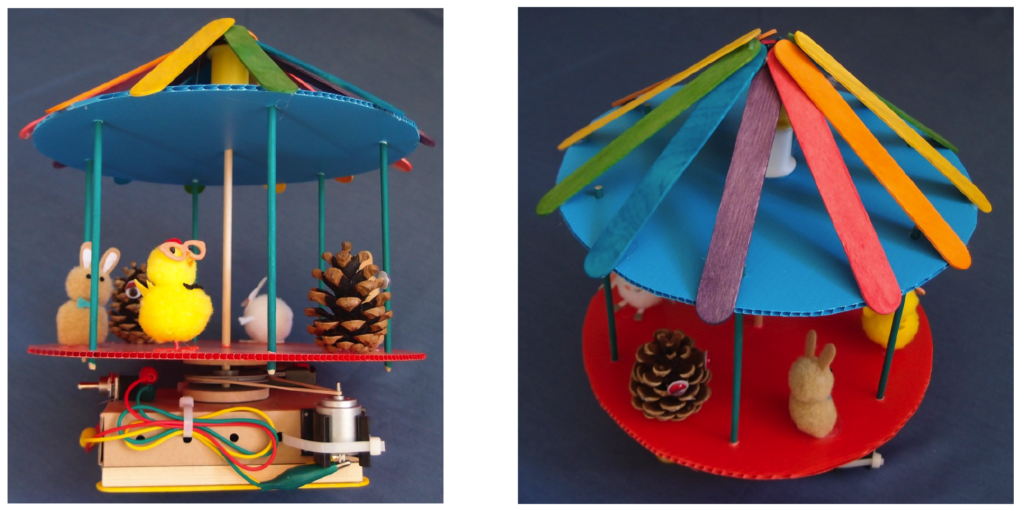
- To adapt my design to be functional and appealing to my target audience.
- To evaluate my design against our success criteria.
RHE –
This term’s unit is called Healthy Me. Our learning objective this week are:
- To understand that some people can be exploited and made to do things that are against the law.
PE –
- To gain possession through tackling.
- Real PE – dynamic balance to agility.


